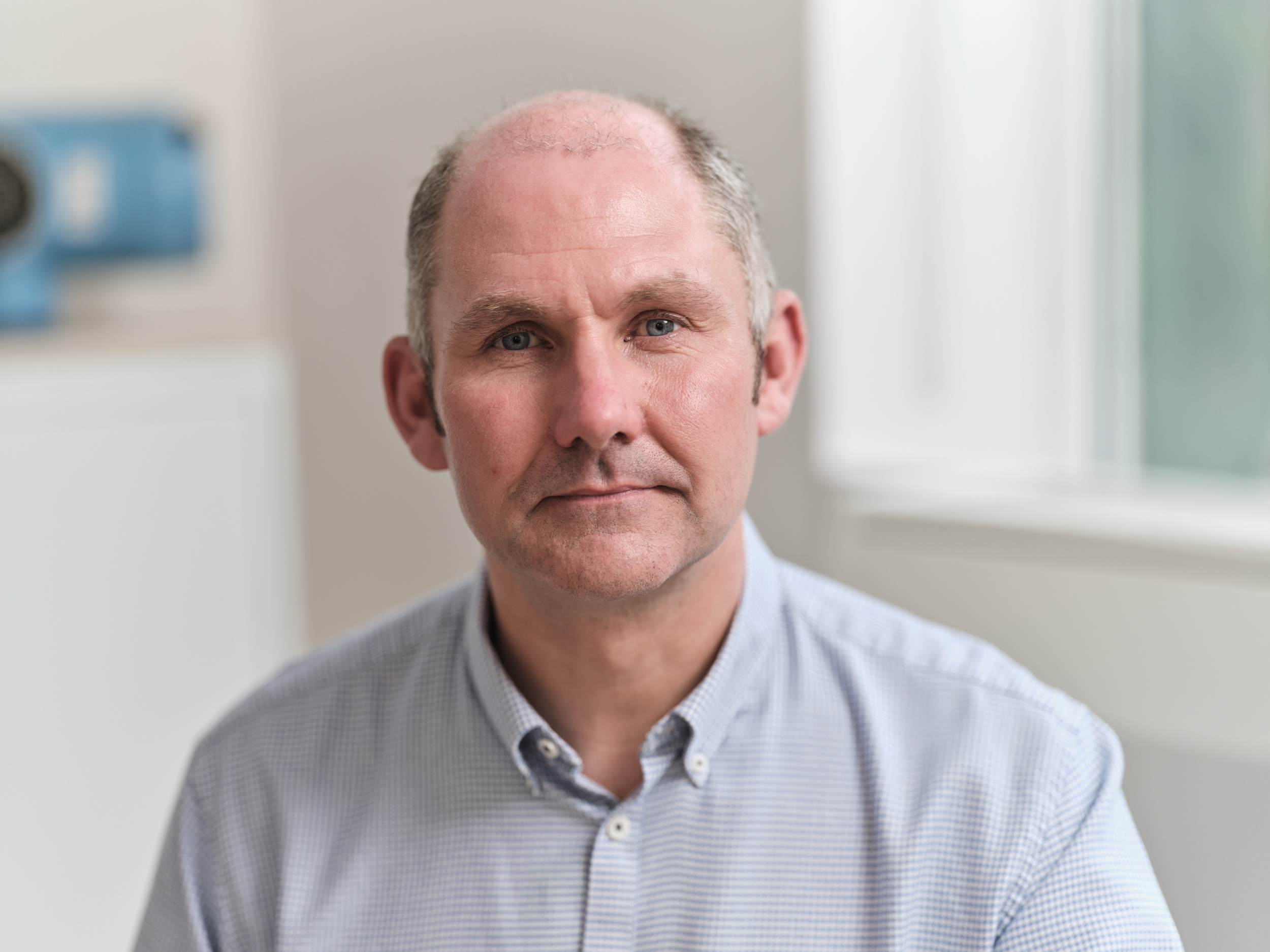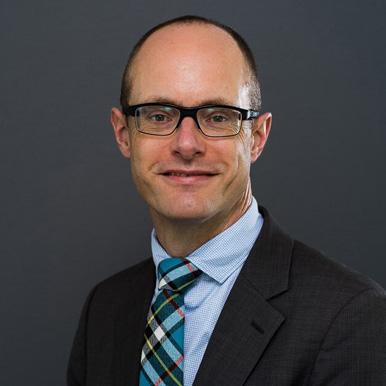
Andrew Carter, director of IR at Rotork
Thankfully, this isn’t a situation I have been in, despite having completed several in-person roadshows in 2021, although it is a situation we prepared for each time in advance.
The first thing to do would be to inform any investors we met with later in the day that we could have been in close contact with a Covid-19-infected person prior to the meeting. The next step would be to contact our health and safety team to discuss the situation as that team is the most familiar with the latest government rules in place in different parts of the world.
The first thing to do would be to inform any investors we met with later in the day that we could have been in close contact with a Covid-19-infected person prior to the meeting. The next step would be to contact our health and safety team to discuss the situation as that team is the most familiar with the latest government rules in place in different parts of the world.
Had this situation occurred in the UK after December 13 last year, the rules [at the time] said we could have continued our roadshow but that we would have to take lateral flow tests and register the results every day for seven days.
 Had this situation occurred in the UK after December 13 last year, the rules [at the time] said we could have continued our roadshow but that we would have to take lateral flow tests and register the results every day for seven days.
Had this situation occurred in the UK after December 13 last year, the rules [at the time] said we could have continued our roadshow but that we would have to take lateral flow tests and register the results every day for seven days.
As an aside, had the situation occurred in the UK in the first two weeks of December and the positive case was confirmed as Omicron, we would have had to self-isolate for 10 days, which could have meant in the hotel. Given this, it is unlikely we would have then held the roadshow.
I value in-person contact and, assuming that the rules allowed us to continue the roadshow, I would be keen to do so, but I would also check in with our general counsel for advice.
If we then decided that continuing was the right thing to do, I would speak to the investors we are scheduled to see, to let them know the situation and that we are hoping to complete the roadshow. I would say up front that, while we believe our meeting would be in accordance with the rules, we would completely understand if the investor would prefer to take the meeting outside or move to virtual.

Andrea James, senior vice president of corporate strategy and IR at Axon
Given the general confusion we perceive on public health guidelines when exposed but testing negative, we would do the right thing by everyone involved, honoring each individual’s personal risk calibration.
Given the general confusion we perceive on public health guidelines when exposed but testing negative, we would do the right thing by everyone involved, honoring each individual’s personal risk calibration.
Investors and managers calibrate risk-reward decisions for a living and are quite good at it, and risk tolerances vary. We would first ask our chief executive and CFO whether they feel comfortable continuing the roadshow. If not, the in-person roadshow would be over and we would switch to virtual meetings, or reschedule.
If management was game to keep going, however, we would reach out to the organizer of the non-deal roadshow, presumably a sell-side shop, and ask it to let each remaining roadshow participant know the exact situation and offer a virtual option.
Mutual respect and integrity are paramount and we would never regret the transparency.

Thomas Kudsk Larsen, senior vice president and head of communication and investor relations at Sobi
Working for Sobi, a biopharma company, we would always consider the safety of patients, colleagues and investors alike.
This is what we’d do: we’d inform the investors we are scheduled to see that day, either directly or via the organizing broker, that we had met with an investor yesterday who has now tested positive for Covid-19.
We would inform them that we ourselves are currently testing negative, but that we need to perform a new Covid-19 test to make sure we are not infected.
Depending on the city and country we are in, we’d familiarize ourselves with the local rules, guidelines and Covid-19 test locations. Some local rules may require isolation, for example, until a negative result is confirmed. Once we had found a suitable Covid-19 test location, we’d perform the new test – preferably a more reliable PCR test – and we’d then wait for the result before potentially continuing the live roadshow. Depending on the turnaround time, we might also inform investors scheduled for the following day.
Depending on the city and country we are in, we’d familiarize ourselves with the local rules, guidelines and Covid-19 test locations. Some local rules may require isolation, for example, until a negative result is confirmed. Once we had found a suitable Covid-19 test location, we’d perform the new test – preferably a more reliable PCR test – and we’d then wait for the result before potentially continuing the live roadshow. Depending on the turnaround time, we might also inform investors scheduled for the following day.
If location allows, and while we await the result of the new Covid-19 test, we’d convert the planned meetings to virtual, but from separate locations, such as our hotel rooms.
We should be able to cover most meetings already planned because virtual meetings require less time between them than those on a live roadshow. The increase in meeting productivity is the silver lining from the unfortunate experience. IR people always have a plan B.
This article originally appeared in the Spring 2022 issue of IR Magazine.







